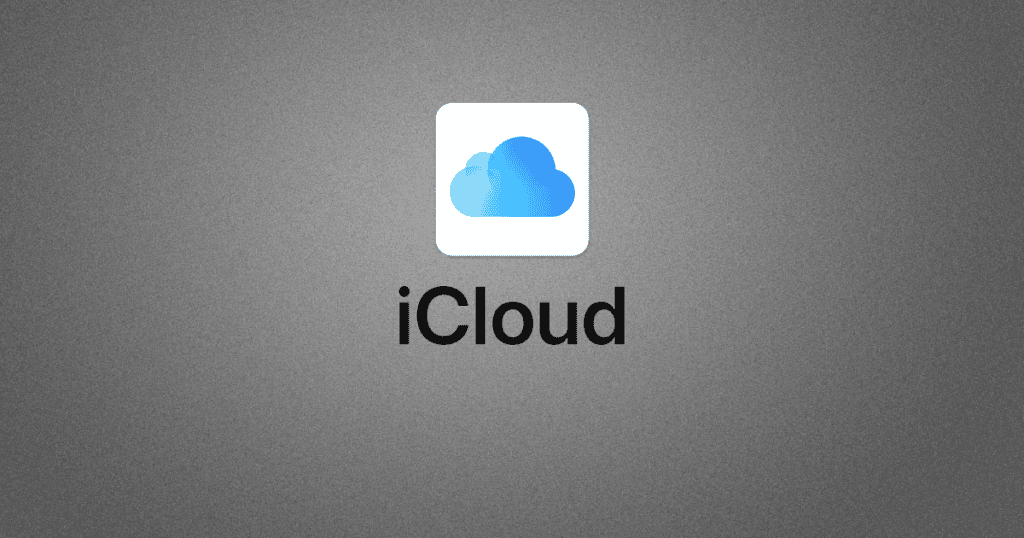Apple’s new iCloud Terms and Conditions, set to take effect on September 16, 2024, introduce several critical updates aimed at enhancing user privacy and compliance with GDPR regulations. These changes not only require explicit consent for data processing but also grant users greater control over their personal information. While the implications of these adjustments are significant, they raise questions about the balance between user rights and platform responsibilities. Understanding the nuances of these terms could be essential for users maneuvering their digital landscapes in the coming months. What do these changes truly mean for your data?
Overview of New Terms
As Apple introduces its new iCloud Terms and Conditions effective September 16, 2024, users are faced with significant changes that emphasize compliance with evolving legal standards, including the General Data Protection Regulation (GDPR).
The revised terms place a strong focus on data protection and user rights, ensuring that individuals have clearer access to their data and the ability to request its deletion.
One of the notable updates is the enhanced transparency surrounding data handling practices, which aims to build trust among users who prioritize privacy.
The terms explicitly prohibit activities related to Child Sexual Abuse Material (CSAM) and other harmful content, reflecting Apple’s commitment to maintaining a safe online environment.
Moreover, users are required to accept these new terms to continue accessing iCloud services, which may influence their data storage and sharing preferences.
The emphasis on user rights and privacy is indicative of broader trends within the tech industry, responding to increased regulatory scrutiny and user demand for ethical data management.
In this respect, these new terms serve not only as a legal framework but also as a commitment to safeguarding user interests in an increasingly complex digital landscape.
Key Changes in Privacy Policies
The updated iCloud terms introduce significant changes to Apple’s privacy policies that reflect a heightened focus on user consent and transparency. These revisions align with evolving legal standards, including the General Data Protection Regulation (GDPR), ensuring that users are better informed about how their data is managed.
One of the key changes is the emphasis on user consent related to data processing practices, particularly concerning third-party data sharing. Apple has enhanced disclosures to clarify how user data is handled, allowing individuals to make more informed decisions about their privacy settings. Additionally, users are encouraged to actively review and adjust their privacy settings to suit their preferences.
In addition to these updates, Apple has introduced strict clauses prohibiting any engagement with Child Sexual Abuse Material (CSAM) and Child Sexual Exploitation Material (CSEM), underscoring the company’s commitment to child safety.
The updated terms also include clear guidelines on content moderation, granting Apple the authority to address any objectionable content across its platforms. Collectively, these changes signify a robust approach to privacy, aiming to foster trust and accountability in Apple’s handling of sensitive user information.
Implications for User Data
Implications for user data under Apple’s updated iCloud terms are significant, particularly regarding the increasing transparency and potential sharing of information. The updated terms and conditions emphasize Apple’s commitment to enhanced transparency in handling user data, aligning with evolving legal requirements such as GDPR.
However, users must now consent to these terms to continue accessing iCloud services, which may include sharing their data with third parties when using third-party applications linked to their iCloud accounts.
Moreover, the terms explicitly prohibit activities related to Child Sexual Abuse Material (CSAM), reinforcing Apple’s responsibility in monitoring harmful content. It is essential for users to understand that their data stored in iCloud could be accessible to app developers, raising potential concerns about data privacy and security.
With the introduction of these terms, users bear a greater responsibility in managing their privacy settings to guarantee compliance with Apple’s data protection measures and compliance standards.
As transparency increases, users are encouraged to review their privacy settings regularly and understand the implications of their consent within the broader context of data sharing and privacy.
Controversial Practices Explained
Apple’s updated iCloud Terms and Conditions have sparked debates over controversial practices related to user data and privacy. Effective September 16, 2024, the new terms aim to enhance clarity regarding data sharing and user consent, but they also raise significant concerns among users. The inclusion of clauses addressing Child Sexual Abuse Material (CSAM) reflects Apple’s commitment to compliance with legal obligations but may lead to skepticism regarding data handling practices.
| Aspect | Details |
|---|---|
| User Consent | Users must agree to new provisions for continued service access. |
| Data Sharing | Enhanced transparency about third-party data sharing practices. |
| Privacy Rights | Emphasis on user privacy rights amid concerns over health data. |
| Compliance | Alignment with GDPR and other privacy regulations is highlighted. |
Despite these efforts, the lengthy legal jargon and implications of agreeing to these terms have left users questioning Apple’s historical reputation on privacy. The push for transparency and accountability in tech is evident, but user trust remains fragile as the balance between compliance and privacy rights is scrutinized.
Features: Private Relay and Mail Protection
In an effort to bolster user privacy, iCloud+ introduces two significant features: Private Relay and Mail Privacy Protection.
Private Relay enhances user privacy by encrypting internet traffic and routing it through multiple relays, ensuring that browsing activity remains confidential. This feature provides an additional layer of security, making it more challenging for third parties to track users while they are online.
Mail Privacy Protection complements this by preventing senders from knowing when an email is opened, while also concealing the recipient’s IP address. This means that users can engage in email communication without the risk of their email activity being monitored.
Both features are exclusively available to iCloud+ subscribers, offering enhanced security and privacy options beyond the standard iCloud service.
Users can easily manage these features through their iCloud settings, allowing for customization of privacy preferences according to individual needs.
However, it is important to note that the activation of Private Relay may be subject to local regulations and restrictions, which could limit its availability in certain regions.
User Reactions and Concerns
Frustrated by the abrupt changes in iCloud’s terms, many users have voiced their concerns regarding the lack of transparency and prior notification from Apple. This discontent is primarily rooted in the implications of the new iCloud terms on privacy practices and content ownership.
Users have taken to forums and social media to express their dissatisfaction, with several key issues emerging:
- Lack of clear information about data sharing and its impact on user privacy.
- Skepticism about Apple’s commitment to ethical data management, especially concerning health data.
- Frustration over lengthy legal jargon, making it difficult for users to understand the terms they are agreeing to.
- Concerns about the consequences of refusing the updated terms, including loss of iCloud functionality.
- Uncertainty regarding content ownership and how Apple’s policies affect users’ rights over their data.
As the community grapples with these concerns, many are reconsidering their trust in Apple’s privacy practices, which could lead to significant shifts in user engagement with iCloud services.
Understanding Your Rights
Steering through the complexities of the new iCloud terms is essential for users who wish to maintain control over their data and privacy. Apple’s updated terms and conditions highlight several key user rights that users should be aware of to guarantee proper data handling and privacy settings.
| User Rights | Details |
|---|---|
| Privacy Settings | Users can review and adjust settings to manage data sharing and usage. |
| Access and Deletion | Users have the right to access their data and request deletion when desired. |
| Consent | User consent is emphasized, aligning with regulations like GDPR. |
| Notification of Changes | Users will be notified of significant changes to service terms. |
| Termination Rights | Users can terminate their agreement for a pro-rata refund upon material changes. |
Understanding these terms and conditions empowers users to navigate their rights effectively. While the new service terms aim to enhance privacy, the implications of data handling and the lack of clarity in some areas raise concerns. Consequently, users are encouraged to stay informed and vigilant in managing their privacy settings.
MacReview Verdict
In the ever-evolving landscape of digital privacy, Apple’s new iCloud Terms and Conditions represent a significant leap towards safeguarding user rights. By weaving a tighter fabric of transparency and consent, these changes illuminate the path to more secure data management. As users navigate this intricate web of policies, the promise of control over personal information shines like a beacon, inviting informed engagement and fostering trust in a digital age increasingly fraught with challenges.




